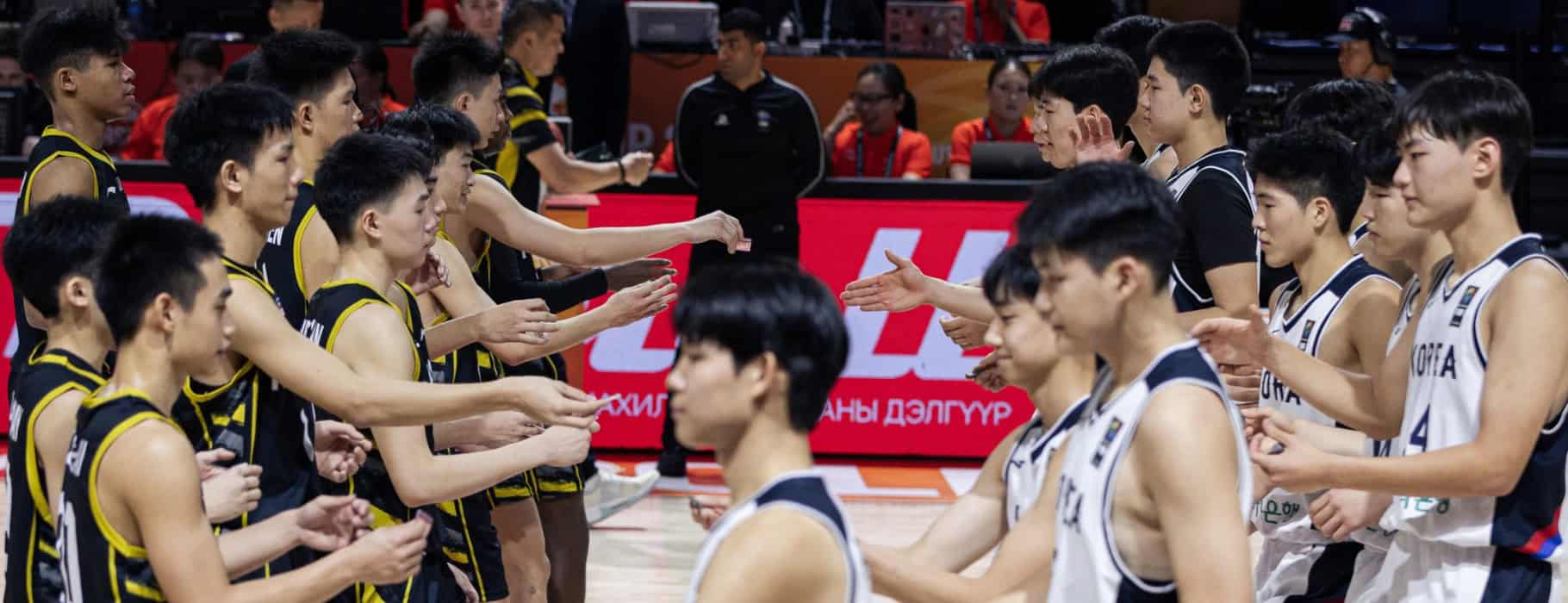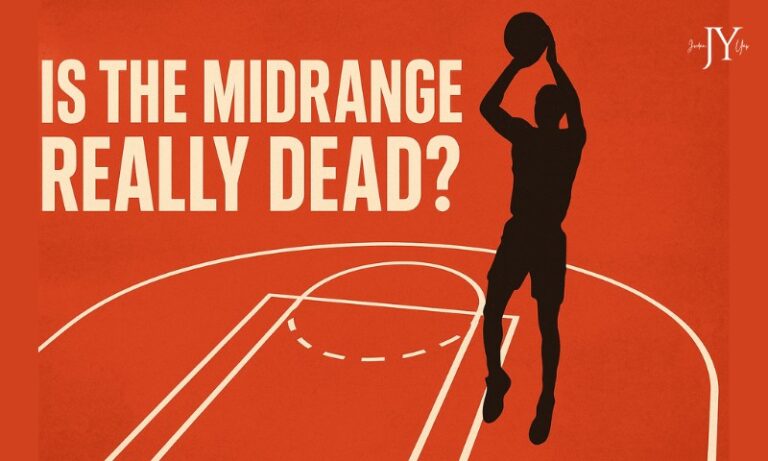
Challenge Culture vs Learning Culture
“Learning or challenging?” That’s the question echoing after Malaysia’s U16 heavy defeats in the Asian Cup.
A fan captured the frustration: “We are always going into games with the mindset of ‘learning,’ never with the mindset of ‘competing for a championship.’ How long do we want to keep learning?”
Another replied: “That’s just sugar-coating. If we only play when we’re ready to win, maybe we won’t play for 100 years.”
It’s a clash of perspectives, but also a mirror reflecting our culture. Do we step onto the court to learn, or do we step onto the court to challenge? This isn’t just about word choice. It’s the story we tell ourselves as a basketball nation.
The Power of Words
Words aren’t neutral. They shape identity. They set expectations before the first whistle blows.
“Learning” sounds humble. It lowers pressure. It softens defeat and makes losing easier to digest. But it can also become a comfort blanket—an excuse that normalizes losing. Over time, the word shapes behavior: players grow satisfied with participation, coaches justify setbacks, and fans accept mediocrity as destiny.
“Challenge,” on the other hand, signals intent. It implies action, risk, and the possibility of failure. To challenge is to step forward with a plan, confront the gap, and test yourself against the best—even if the scoreboard says you’re the underdog. When you say you’re challenging, every play becomes a measure of progress. Every failure becomes feedback. The word carries weight and demands response.
The vocabulary we repeat becomes identity. And identity, repeated often enough, becomes culture.
Japan’s Example
In 2023, Japan pulled off a stunning comeback win against Finland at the FIBA World Cup. To outsiders, it looked like a miracle. But to those watching closely, that was the result of years of steady accumulation.
As my Taiwanese friend Grant once wrote on his page Grant’s Asia Basketball Observation: Japan doesn’t enter games against world powers with a “learning” mindset. They enter with a “challenge” mindset. And “challenge” isn’t just a slogan. It means planning, executing, failing, adjusting, and repeating until results arrive. It is deliberate repetition with accountability baked in.
That win wasn’t built in one night. It was the harvest of years of accumulated challenges—long nights of preparation, painful lessons, and relentless refinement. By the time they beat Finland, Japan had already embraced failure enough times that victory was no longer unthinkable. It was overdue.
Here’s the hidden lesson: results are a delayed reflection of mindset. What looks like sudden glory is usually years of choosing challenge over comfort.
Japan’s transformation also had structure. The B.League, launched in 2016, invested heavily in grassroots development and created a clear professional pathway. Their goal: five NBA players by 2030. Today, Yuki Kawamura has already become the first NBA player developed entirely through the B.League system.
These aren’t accidents. They are the fruits of a culture that treats every game as a challenge and every season as a building block.
Malaysia’s Reality
On Thursday night, Malaysia’s U16 team fell 102–62 to Iran in the play-in game, ending their run short of the quarterfinals. The loss stung, but it also raised deeper questions: what exactly are we learning from defeat, and when do we begin turning lessons into challenges?
From four games, our shooting averaged just 32.6%, with three-point accuracy at 24.4%. For a team that talks about playing fast, sharp, and precise, this inefficiency is glaring. Shooting must improve. Personal skill development is equally urgent. As an undersized team, our interior game will always be disadvantaged. If we cannot penetrate, break down defenses, finish at the rim, or knock down shots from outside, we’ll struggle to compete at any level.
Height is beyond our control. We can search for taller prospects, but there is no guarantee. What we can control is training: what we practice, how we practice, and how much we practice. These are choices we can change today. If we claim to be “learning,” then true learning means identifying gaps, designing plans to close them, and executing those plans with discipline.
This is where framing matters. If every loss is just “learning,” urgency fades. But if every loss is a “challenge,” then poor percentages become clear targets, lack of penetration becomes a call for skill work, and every training session becomes a chance to close the gap.
The stats are not just technical—they are cultural signals of how urgently we treat improvement.
Beyond the Court
This mindset extends far beyond U16 tournaments. It’s about the future of Malaysian basketball as a whole.
Do we design leagues, training camps, and national programs to truly compete, or do we justify shortcomings as part of an endless “learning process”?
This isn’t overconfidence. It’s responsibility. A challenge culture demands better governance, sharper coaching, and clearer pathways. It demands that fans hold systems accountable instead of lowering expectations. It demands that we stop being satisfied with “participation” and start demanding evolution.
When Learning Turns Into Challenging
Some argue: we are just not good enough, so what’s the point of talking about challenge?
Of course we need to learn first. And they’re right, learning is the foundation. But learning cannot be the permanent label. At some point, lessons must be tested. Otherwise, we are students who never sit for the exam.
The key is the transition. Learning prepares the ground; challenging demands the harvest. In practice, the shift happens when teams set clear goals, measure themselves honestly, and act on feedback. At first, losses provide lessons. Later, those losses become checkpoints to see if the lessons are paying off. This is how “learning” evolves into “challenging.”
Japan spent years absorbing lessons, but they framed each step as challenge. Every plan, every loss, every adjustment was part of a larger journey. That framing carried urgency and accountability. They never hid behind the word “learning.” They learned through challenging.
Malaysia too must ask: how long will we allow “learning” to be the final word? When will we dare to say we are here to challenge, even if the odds are long? This shift does not erase the value of learning. It transforms learning into action.
The real balance is simple: learn while challenging, and challenge while learning.
The Choice Ahead
A challenge culture doesn’t guarantee victory. But it guarantees progress. It creates a rhythm of improvement that compounds over years.
A learning culture feels safe, but it risks keeping us in the same place forever. It says, “We showed up, and that’s enough.” Challenge culture says, “We showed up, now let’s see how far we can go.”
So here’s the question we face: Will Malaysia continue to tell itself “we are still learning”? Or will we start to build a culture that dares to challenge—and in doing so, create a future where victories are no longer surprises but the natural outcome of years of persistence?
The choice is ours. Challenge culture in practice means setting standards, not slogans; measuring progress, not just praising effort.
I hope today’s piece gave you something to think about. If you enjoyed it, don’t forget to subscribe — it’s completely free. See you next week!
— Jordan
Subscribe to my newsletter: https://bit.ly/42kVTED





